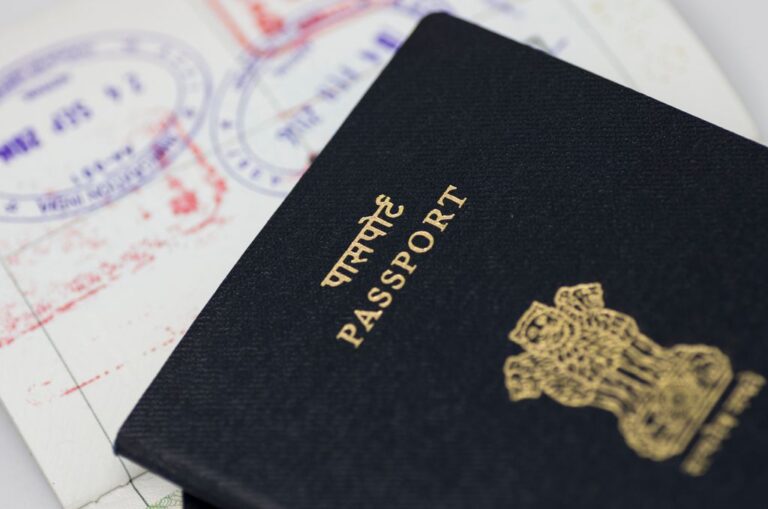India has fully implemented the new e-passport system across the country under the Passport Seva Programme (PSP) V2.0. From now on, all new passports and renewals issued in India or at Indian embassies abroad will be chip-enabled e-passports. This upgrade will significantly improve both security and the speed of immigration checks. However, people who currently hold a normal (non-chip) passport do not need to worry. They can continue using their existing passport until its expiry date without any issues.
If you already have a valid passport, nothing changes for you right now. Your old passport will remain fully valid until it expires. You only need to apply for a new one if your passport gets damaged, runs out of pages, or is due for renewal. Anyone who applies for a new passport or renewal—whether in India or overseas—will automatically receive an e-passport.
Also Read-: E-Passport: How to Get & Benefits for Travellers
Every New Passport Will Now Be an E-Passport
Under PSP V2.0 and the Global Passport Service Programme, all newly issued and renewed passports worldwide will now be e-passports. Applicants do not need to fill in any separate form or select any special option—the upgrade has already been enabled automatically.
New Website and App With Better Features
Along with this change, the Passport Seva website and mobile app have also been upgraded. Users will now get auto-filled forms, easy document upload options, UPI and QR code payment facilities, and real-time customer support through an AI chatbot and voice bot.
What Will an E-Passport Look Like?
An e-passport looks almost the same as a regular passport. The only visible difference is a small golden chip symbol on the cover. Inside, it contains an RFID chip that securely stores the passport holder’s personal and biometric information. This data is digitally signed using Public Key Infrastructure (PKI), making the passport compatible with electronic verification systems worldwide and reducing the chances of identity fraud.


